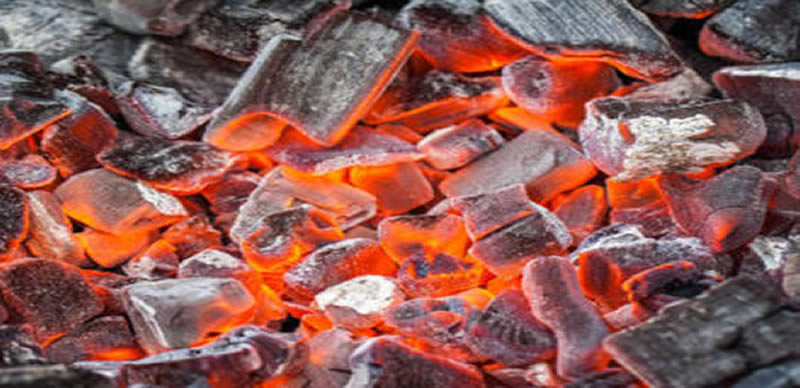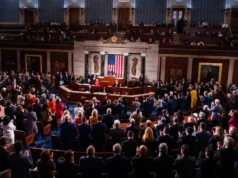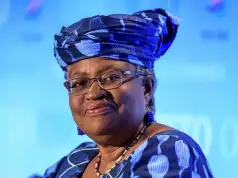Omolola Johnson, the president of Charcoal Legality, also known as the Association for Forest Conservation and Green Industrial Charcoal Merchants, revealed on Saturday that if Nigeria does not comply with the Trade Act’s deadline for exporting goods unrelated to deforestation by December 2025, it may be prohibited from exporting wood and charcoal to European nations.
She made this known during the training program organized on European Union Deforestation Regulation, held at the University of Ibadan Hotel mini hall in Ibadan, the Oyo State capital.
Johnson, however, stressed the need for a change of narrative attributing wood and charcoal processing to deforestation that the EU is frowning at.
The president said, “Wood is not the major driver of deforestation but agriculture, housing, and population. We have had experience over the years in compliance with the EU Act, which gave charcoal and wood exporters an edge in understanding EU expectations in legality, standards, and certification.
“That is the major importance of this training. It is to help Nigerians understand the regulation so that we can join hands together from the grassroots level to be able to work with the government and all stakeholders to make sure that we domesticate where necessary and get support from the government and the grassroots level.
“The takeaway for all the participants is that it is not going to be business as usual. It is not in our benefit if you don’t comply; this was an extension granted by the EU for one year. It was supposed to have become effective from January 1, 2025, but it has been extended to December 3, 2025. By January 1, 2026, it is going to be implemented.
“We need to make hay while the sunshine and everybody needs to come on board, else we will not be able to export our products into the EU. The problem is, the Customs, the importer will not be able to clear them into Europe unless it can be proven that good coming in does not cause deforestation.”
Also speaking, the Assistant Director in the Federal Ministry of Trade and Industry, Felicia Udeh, stressed the need for in-depth knowledge of what deforestation is all about.
She said, “The training is coming at the right time as it will help the participants, the majority of whom are farmers, to have an in-depth knowledge of what deforestation is about.
“In as much as the EU has come up with regulation, the sensitization aspect of it is key. We will know why they are kicking against it because if you don’t have an idea, why deforestation should not take place or they will not abide by it.”










